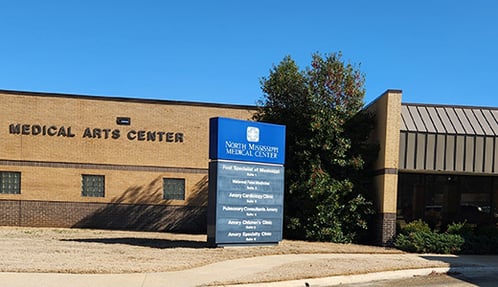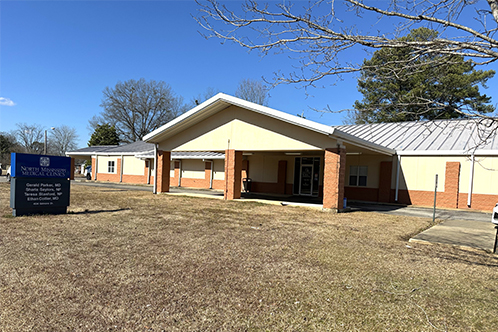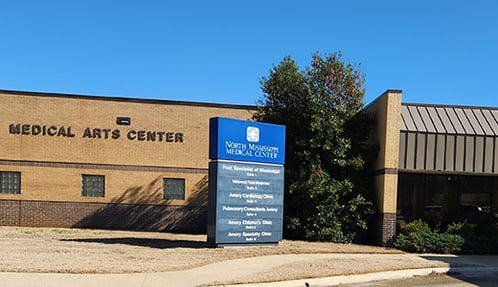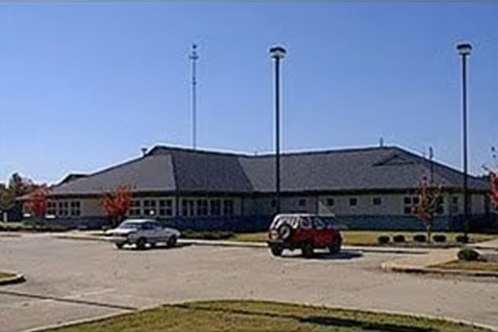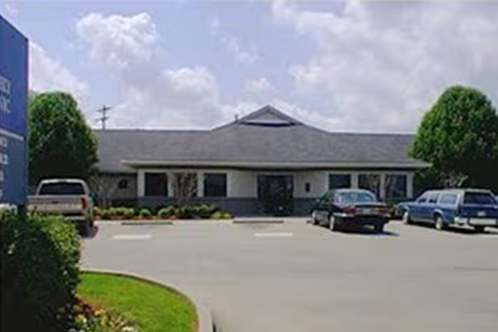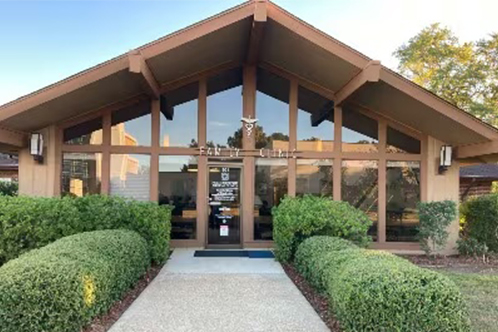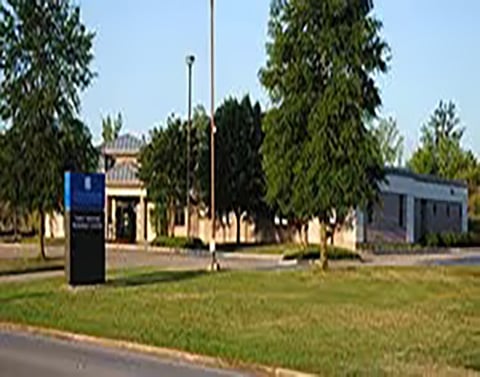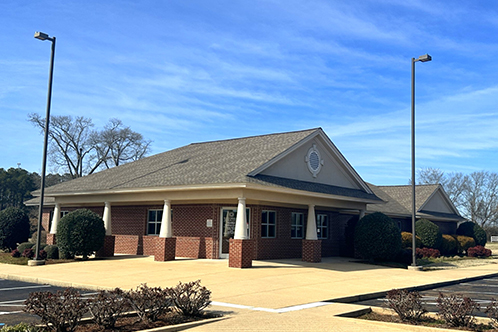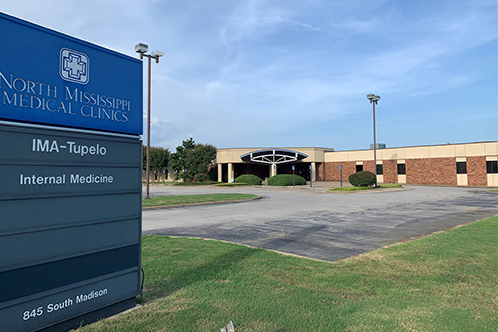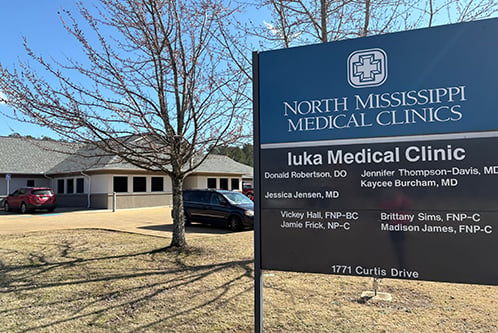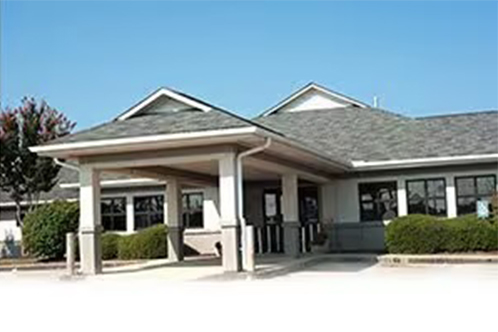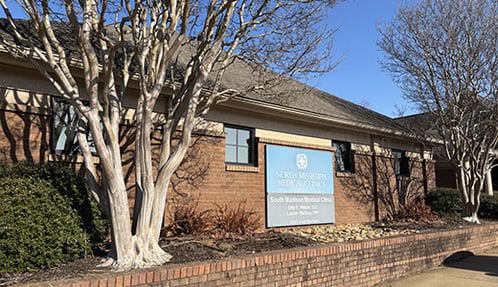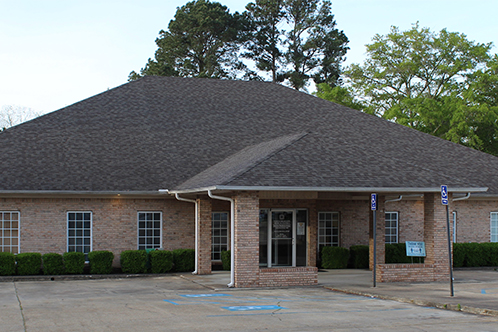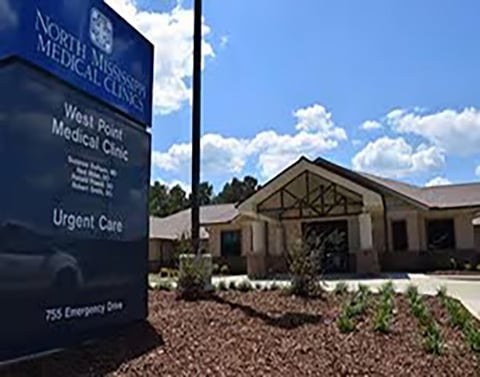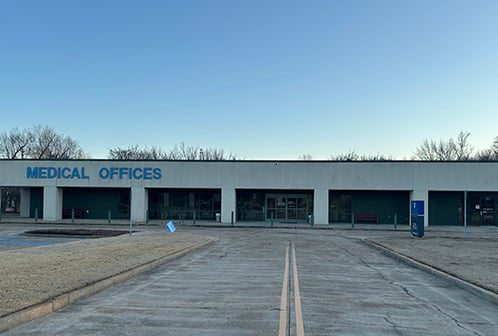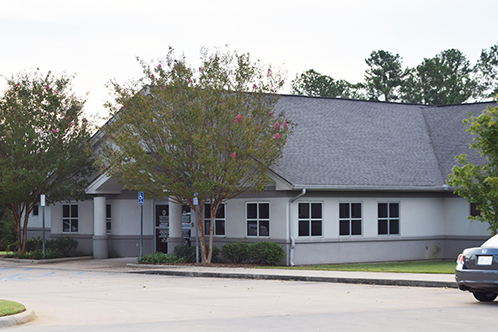- Home
- Medical Services
- Primary Care
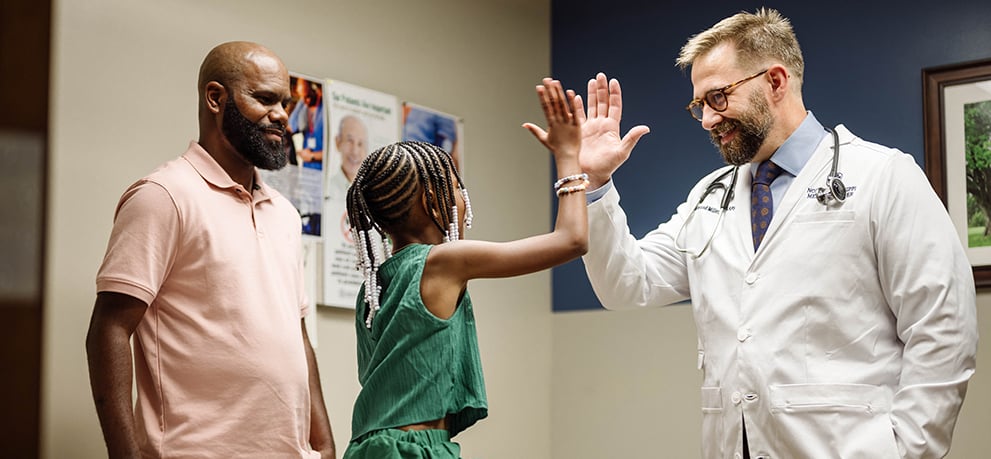
Primary Care
Your NMHS primary care provider helps you manage your health and coordinates your care with other providers when needed.
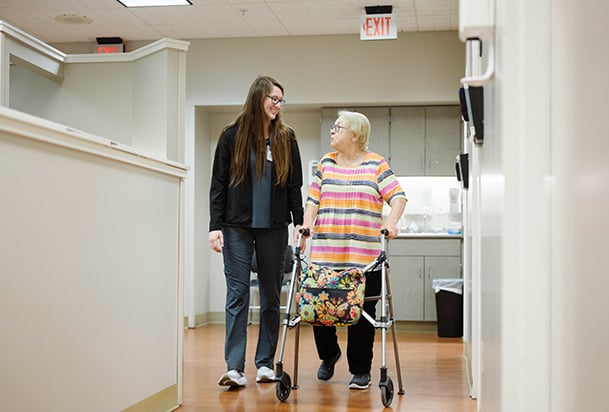
How a Primary Care Provider Can Manage Your Health
Your primary care provider, or PCP, is your go-to doctor for most of your healthcare needs.
PCPs Can Coordinate Care
How a Primary Care Provider Can Manage Your Health
Your primary care provider or PCP is your trusted partner in maintaining and improving your health through preventive care and wellness screenings.
The Importance of Preventive Care
Preventive care focuses on identifying and addressing potential health issues before they become significant problems. Your PCP plays a critical role in keeping you healthy by providing:
- Routine Check-Ups: Regular health exams to monitor your overall well-being and detect any early signs of illness.
- Health Screenings: Age-appropriate screenings such as blood pressure checks, cholesterol tests, cancer screenings and diabetes monitoring.
- Immunizations: Ensuring you stay up-to-date with vaccinations to protect against preventable diseases.
- Lifestyle Counseling: Guidance on nutrition, exercise and healthy habits to support long-term wellness.
- Chronic Disease Management: Proactive management of conditions like hypertension and diabetes to prevent complications.
Coordinating Your Care
Perhaps the most valuable role primary care physicians fill is coordinating care, especially when navigating complex medical systems. Your PCP serves as the team captain for your health, ensuring all aspects of your care are connected and comprehensive:
- Specialist Referrals: If you need to see a specialist, your PCP will ensure that referrals are appropriate and that your overall care remains cohesive.
- Medication Management: Your PCP reviews and manages medications to avoid unnecessary or conflicting prescriptions.
- Health Advocacy: Acting as your advocate within the healthcare system to streamline care and minimize unnecessary procedures.
Building a Long-Term Relationship
Having a PCP provides consistency and a deeper understanding of your health over time. This relationship allows your PCP to:
- Recognize subtle changes in your health that may indicate emerging issues.
- Provide personalized care based on your medical history and lifestyle.
- Offer reassurance and trusted advice tailored to your individual needs.
Why You Should Choose a PCP
Even if your health insurance doesn’t require you to have a PCP, establishing care with one is a vital step in maintaining long-term health. Your PCP is your ally in achieving a healthier, more balanced life through prevention and wellness strategies.
Make primary preventive care a priority—partner with a North Mississippi Health Services primary care provider today to take charge of your health and well-being.
Related Locations
Related Resources
View AllRelated Services

myConnection
myConnection is an all-in-one platform that offers a convenient and secure way to access and manage your medical records, schedule appointments, communicate with health care providers and more.

myConnection
myConnection is an all-in-one platform that offers a convenient and secure way to access and manage your medical records, schedule appointments, communicate with health care providers and more.
